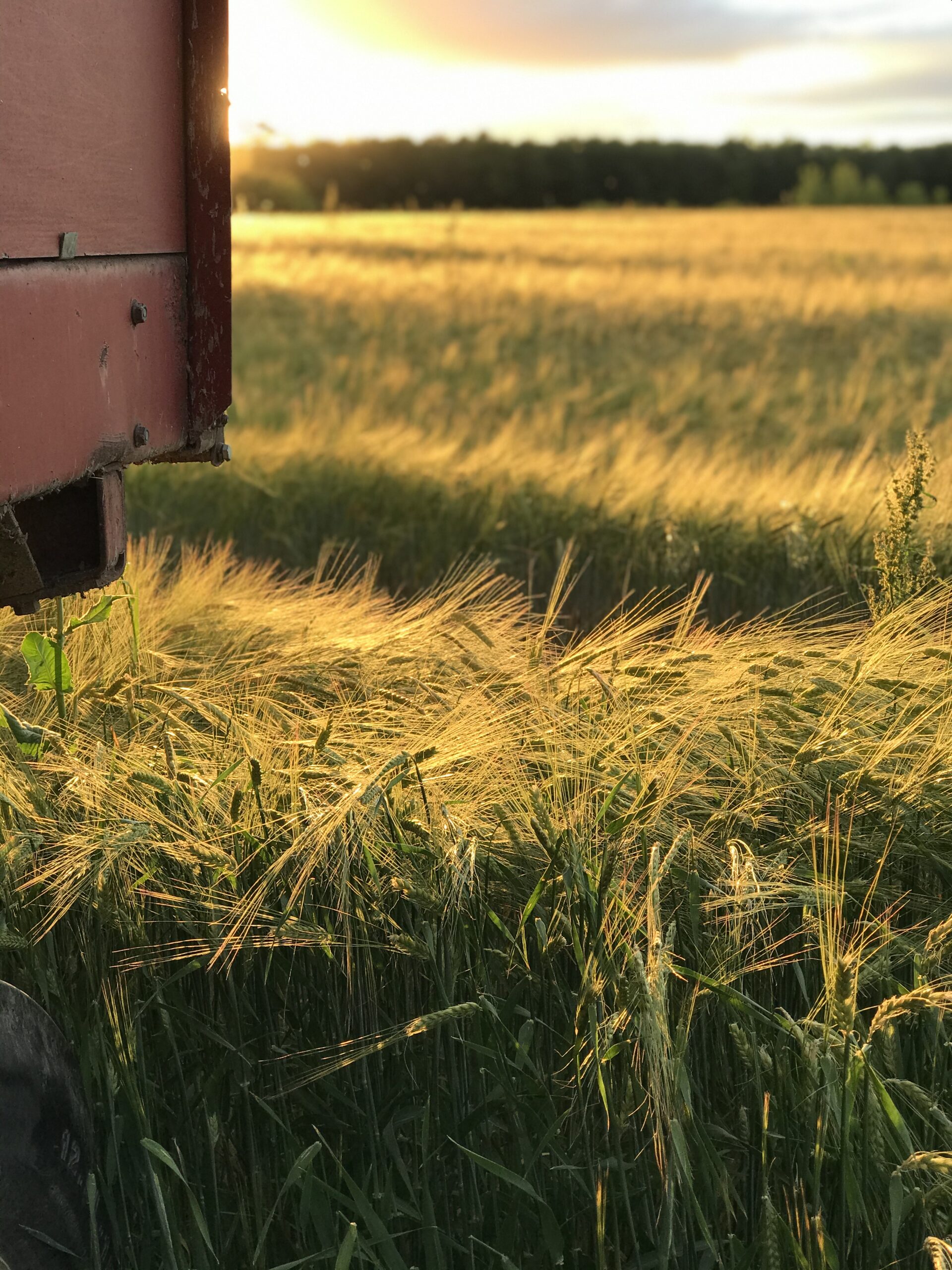Lakeview Organic Grain - Redesign Coming Soon
Lakeview Organic Grain is undergoing a redesign and will be available soon. Thank you for your patience!
Lakeview Organic Grain is undergoing a redesign and will be available soon. Thank you for your patience!
